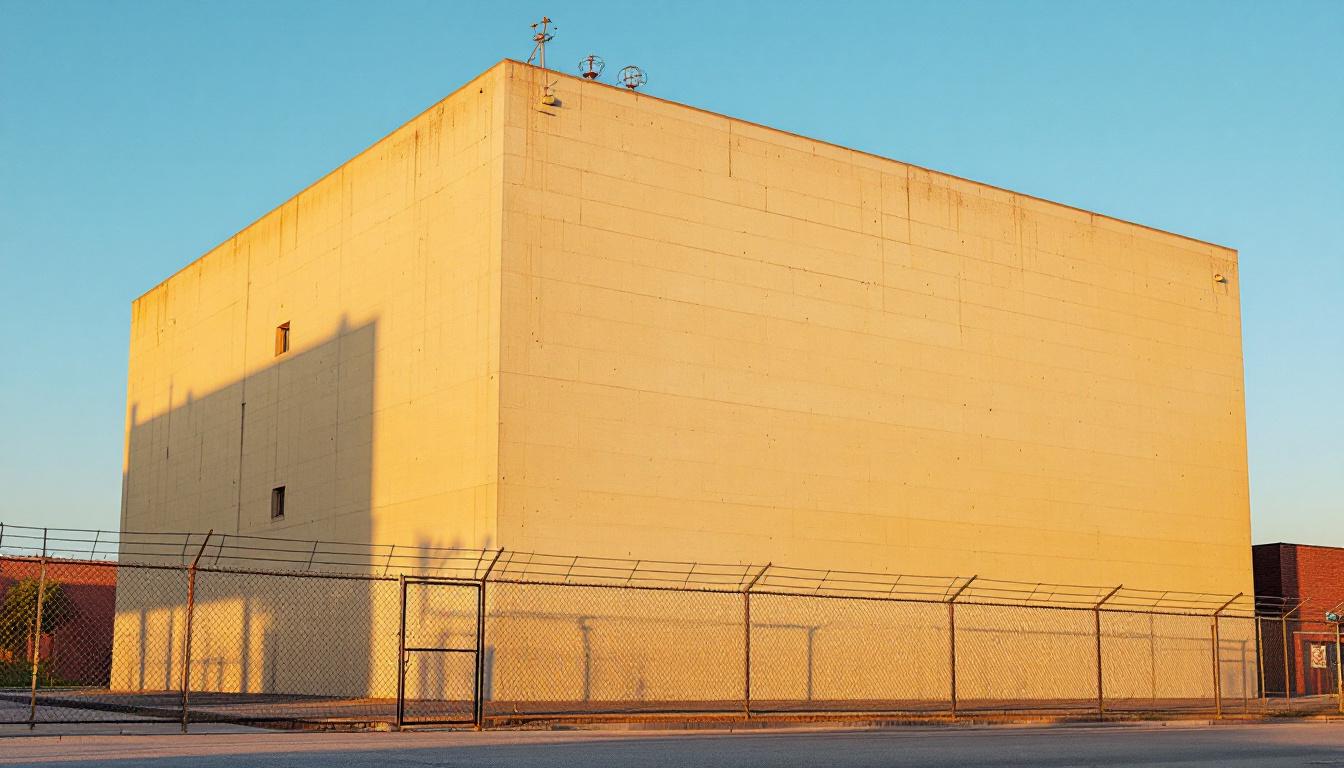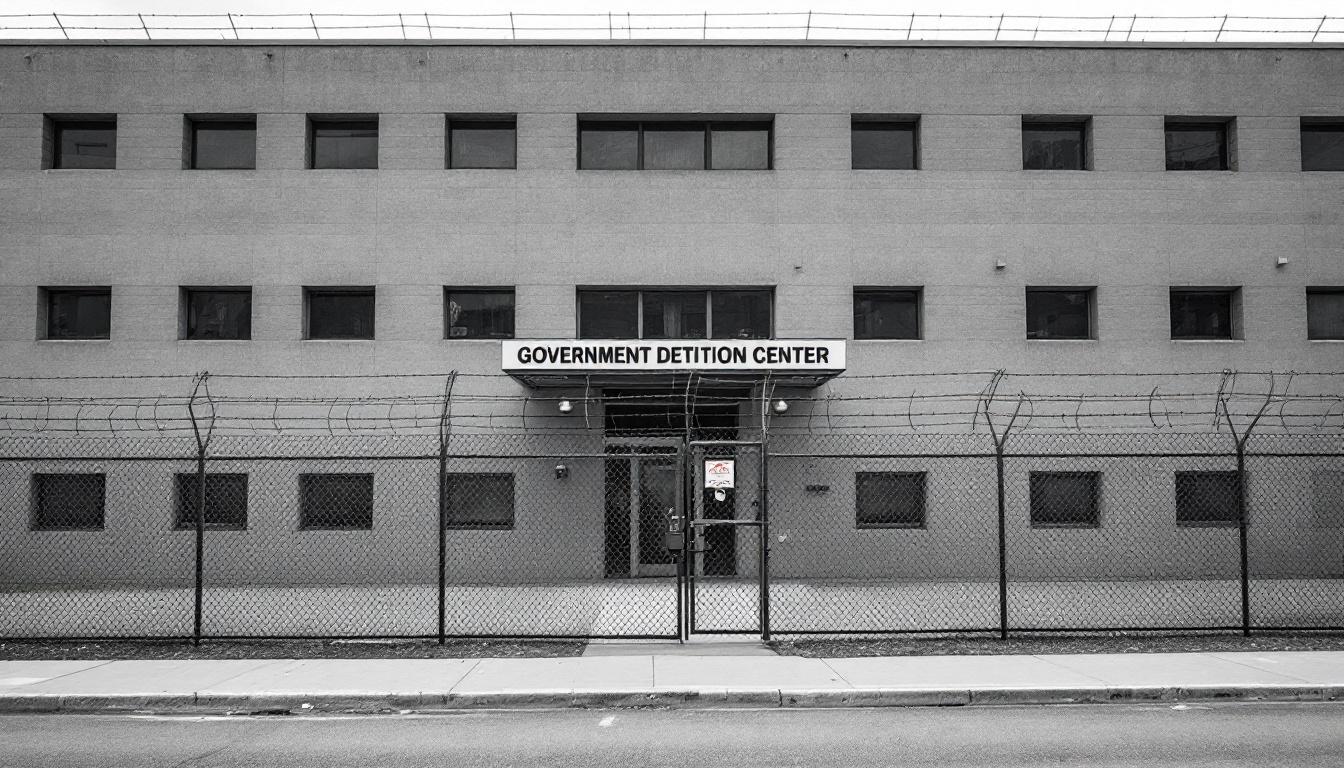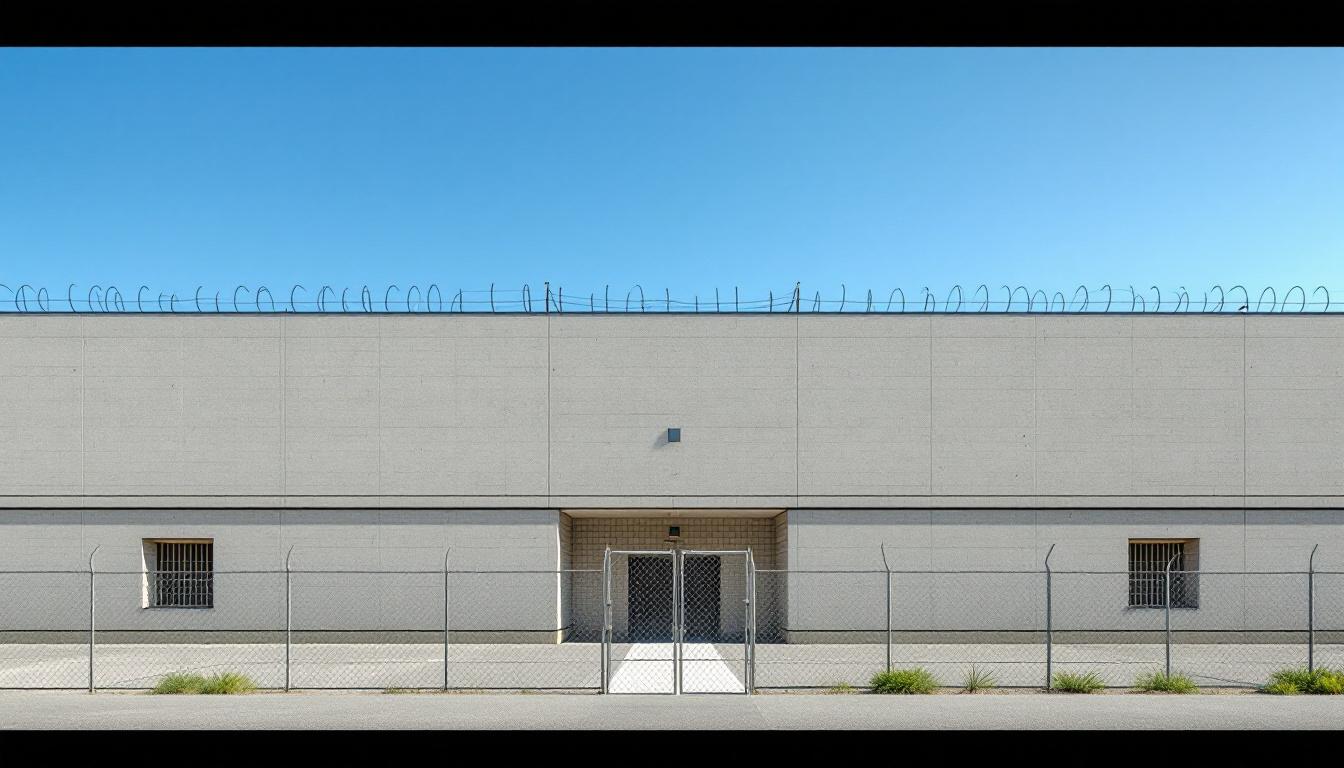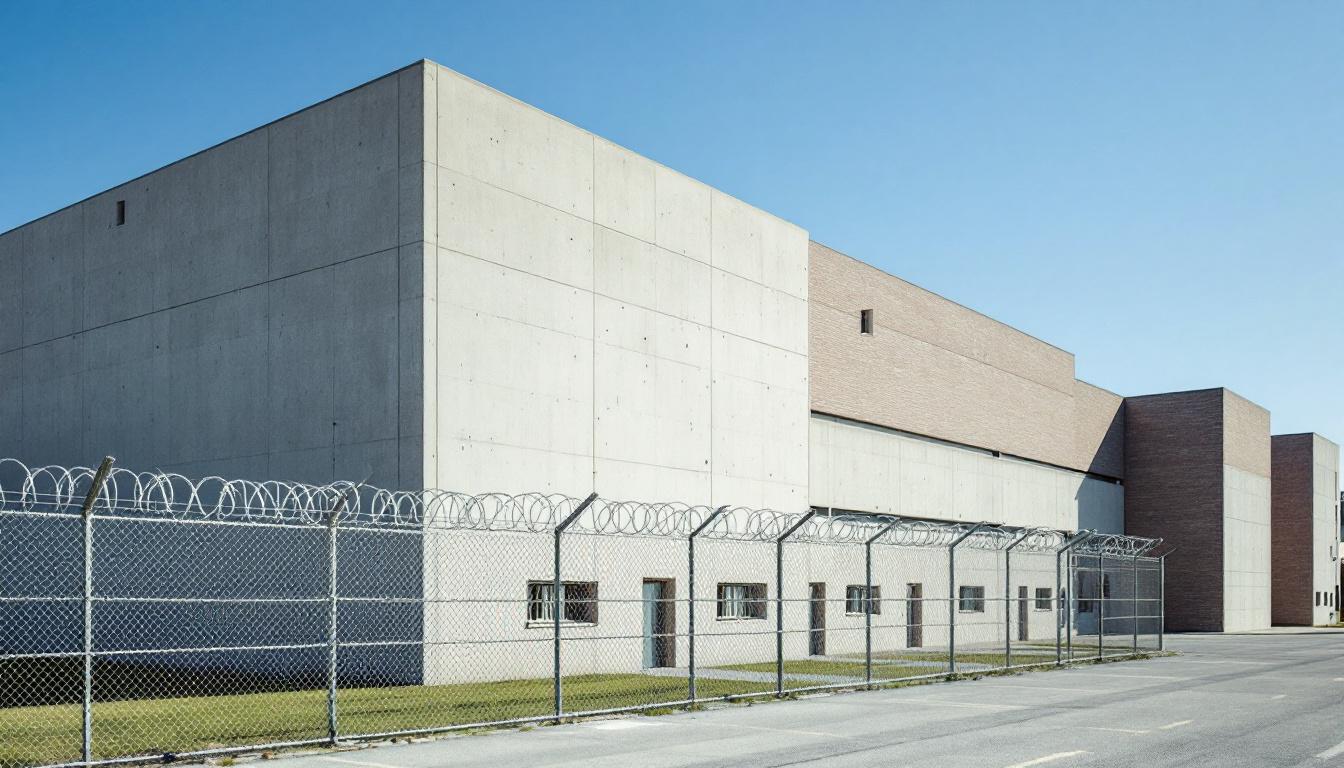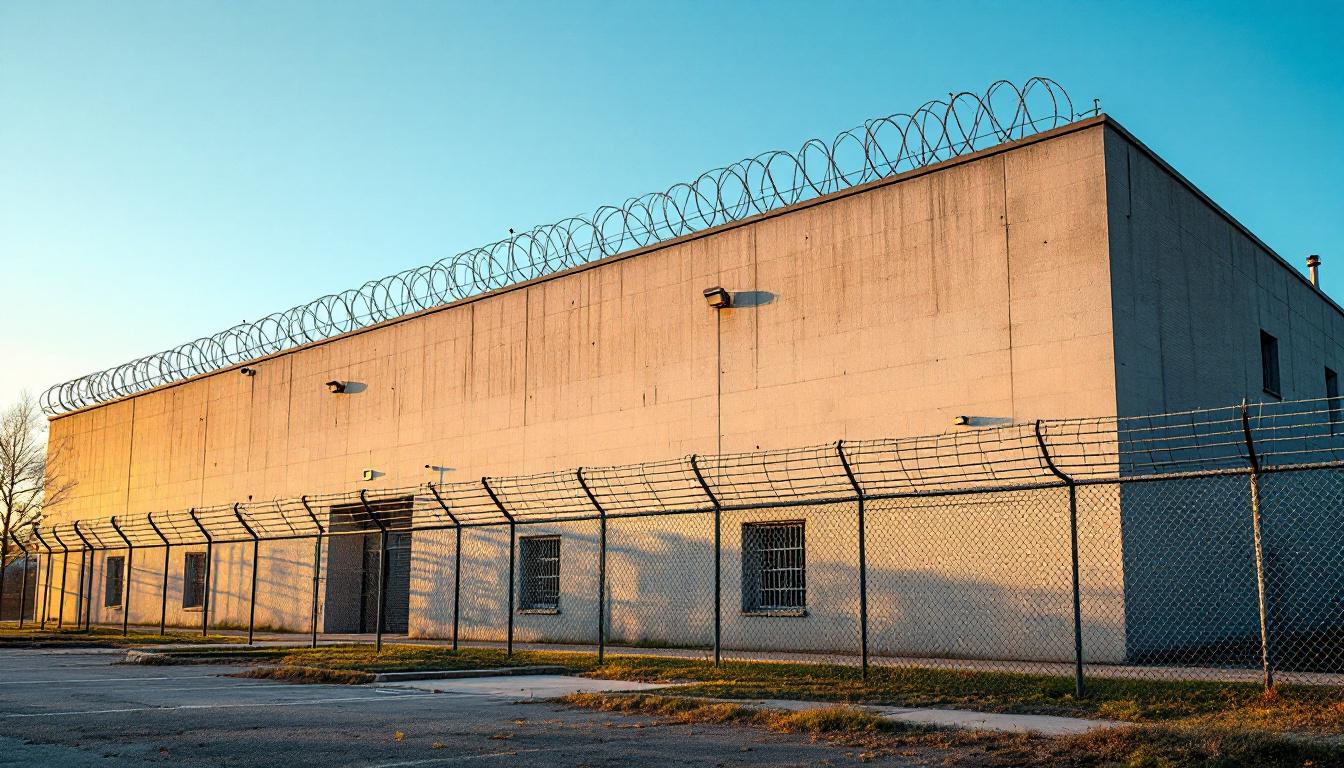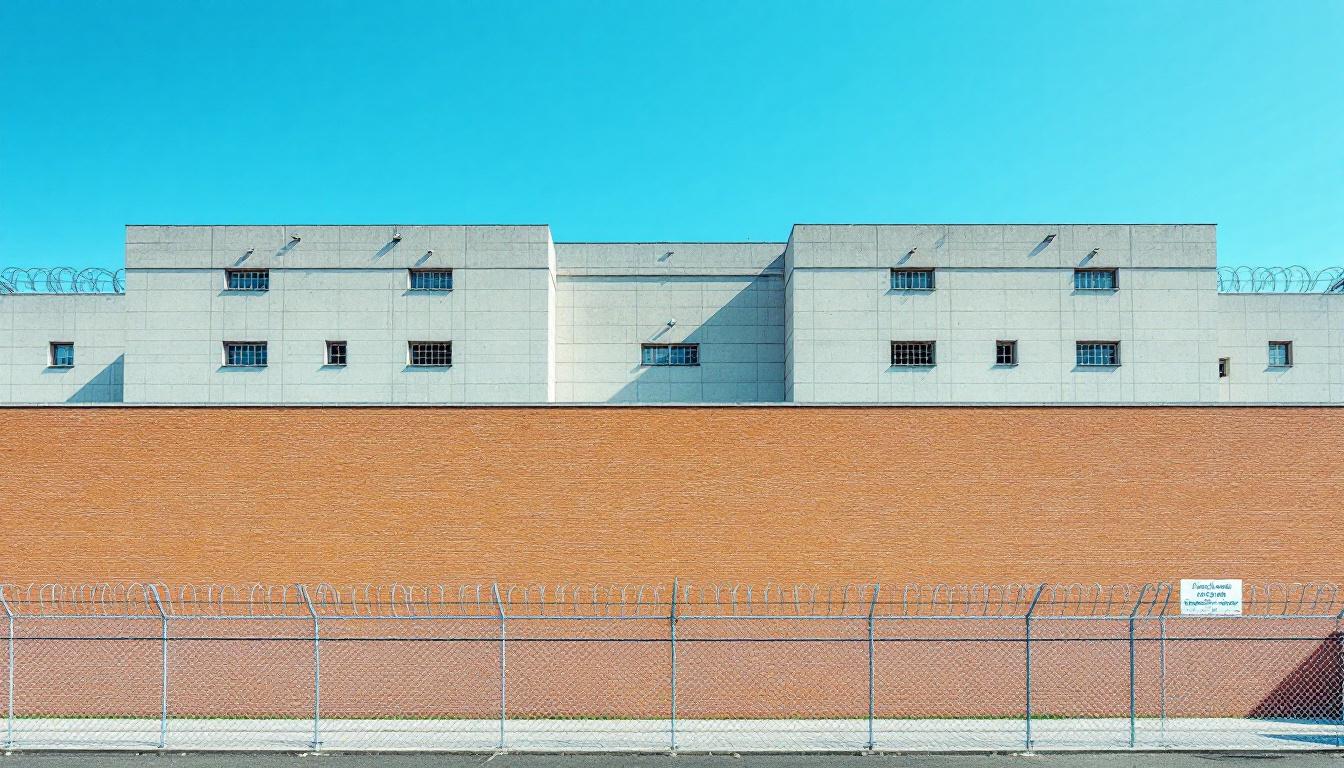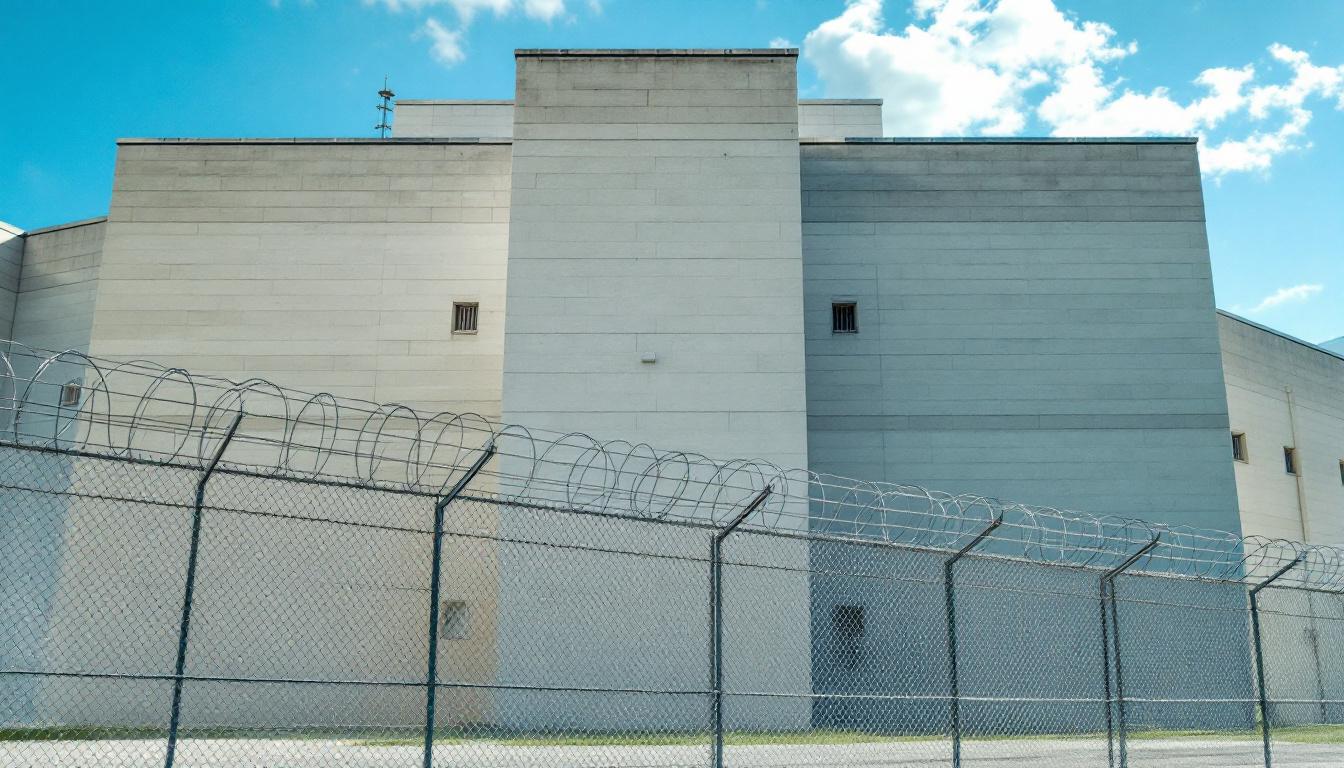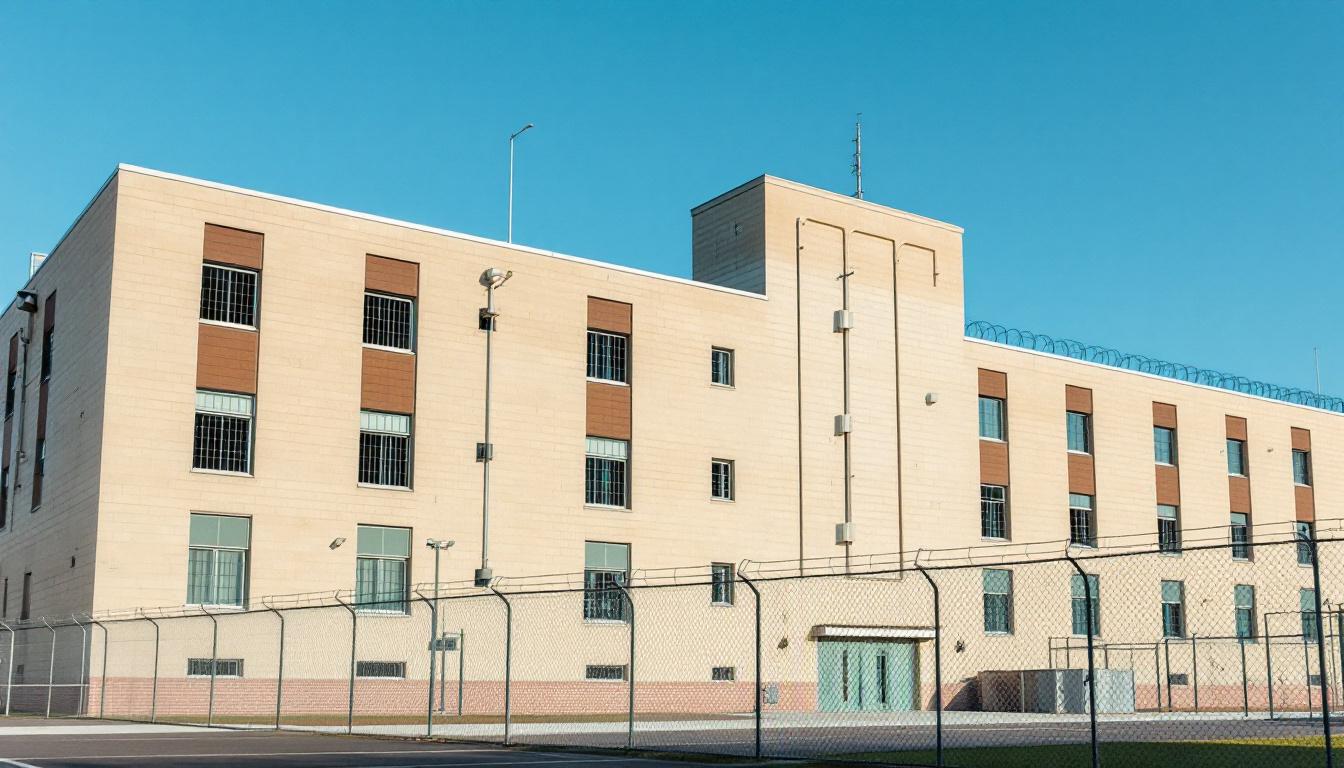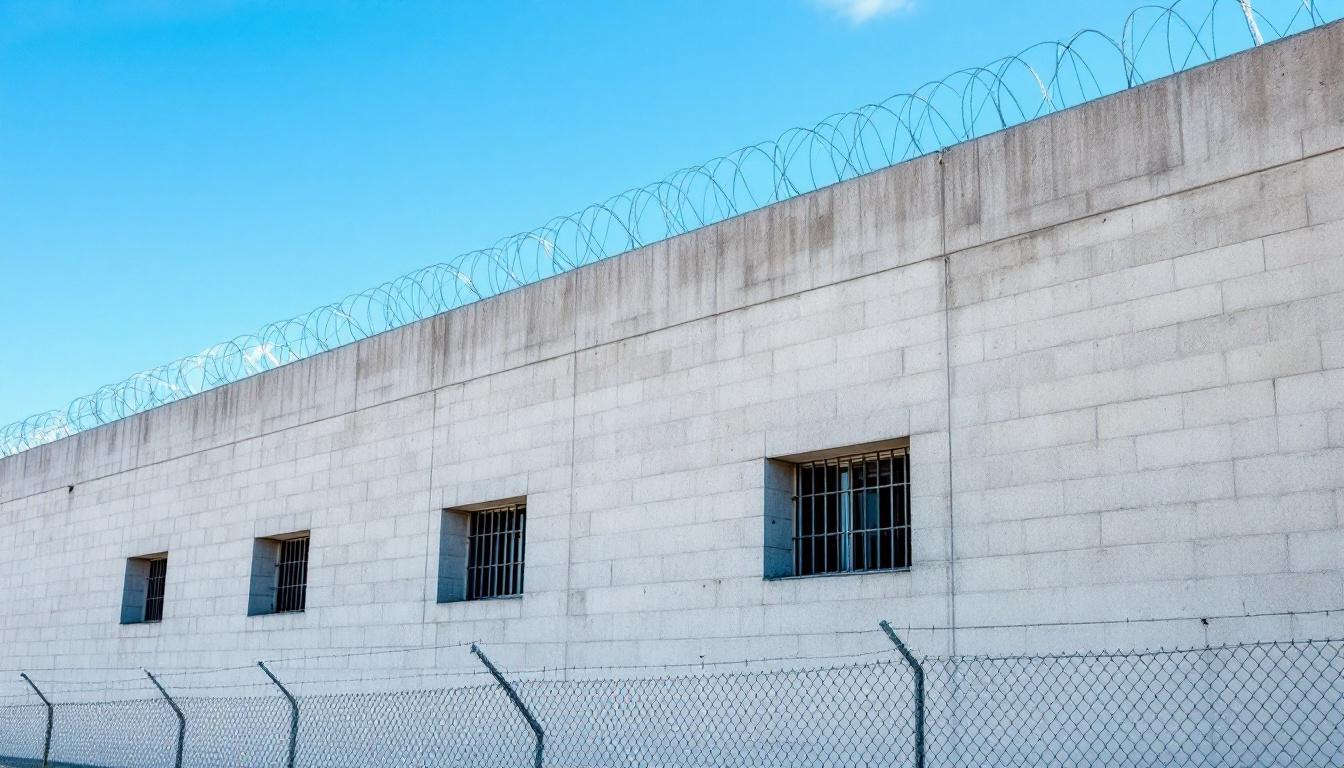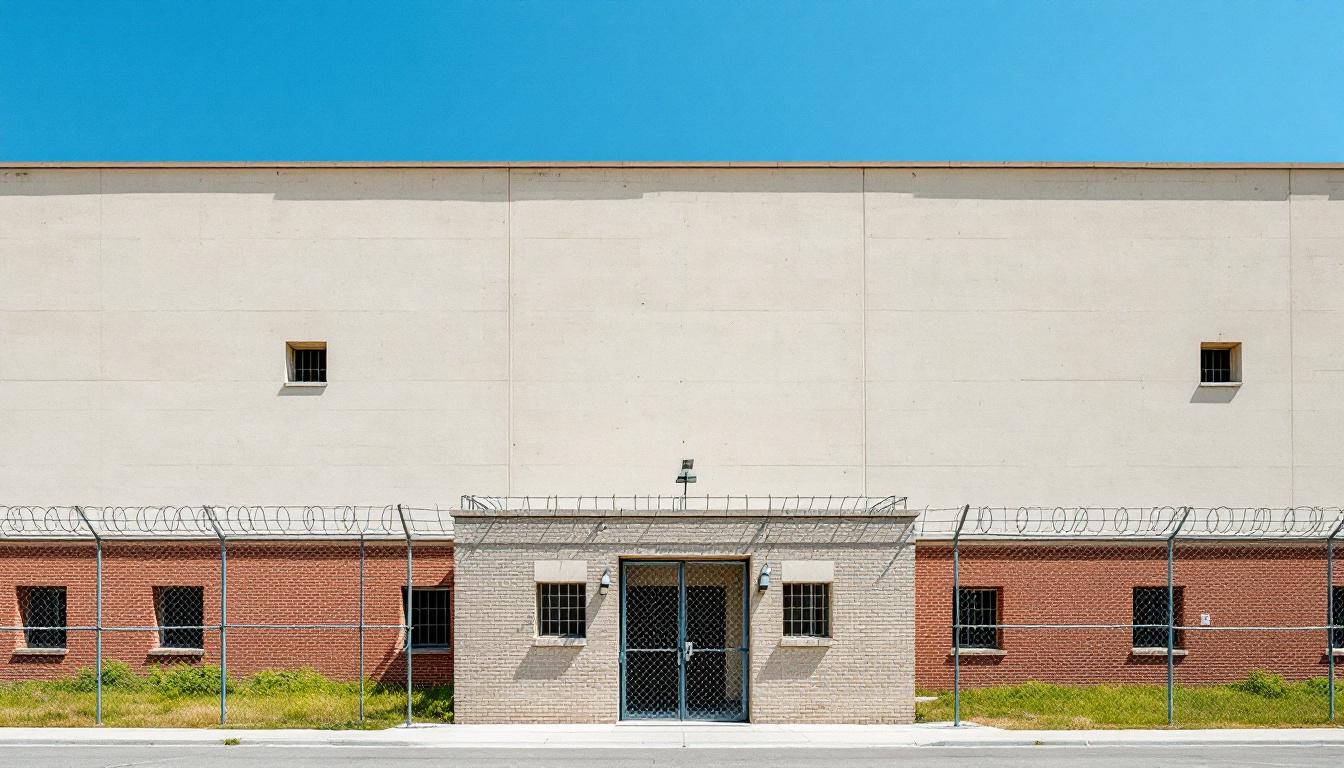
Quick Navigation
How to contact an inmate at Shoshone County Jail
This comprehensive guide will walk you through how to connect with an inmate at Shoshone County Jail. Follow the steps below to find an inmate and send letters and photos:
- Search for the inmate using our search tool below
- Create your account or log in to Penmate
- Write your message (up to 6,000 characters)
- Send instantly - inmates receive printed copies daily
Find an Inmate
Search for an inmate to start communicating today
Tip: You can search by first name, last name, or inmate ID number
To contact a person at Shoshone County Jail start by searching for the person on the facility website. Perform a search by following these steps:
- Step 1: Enter their first name and last name into the search form and click "Search"
- Step 2: Locate their inmate record
- Step 3: Write down their Inmate ID and any housing information provided
Important! Be sure to enter the person's full name. Nicknames should not be used.
How to Send Messages to Inmates

You can use your phone or computer to send emails, letters, and photos to an inmate. Messages are sent electronically to inmate tablets or kiosks at the facility. If you would like to send a message, start by searching for an inmate at Shoshone County Jail.
Sending Photos and Postcards

A great way to send love and support to a loved one at Shoshone County Jail is to send photos and postcards. It only takes a few minutes to send photos from your phone and it makes a huge difference. You can also mail postcards with words of support and inspiration, or design your own postcard for special moments like birthdays and holidays.
Important! Be sure not to send any explicit photos or they may not be approved by the facility. You can also use a photo printing app like Penmate to make sure your photos are printed at the correct size (4x6 or 3x5) and are mailed according to the rules and regulations of Shoshone County Jail.
Frequently asked questions about Shoshone County Jail
-
How long does it take to deliver a message?
If you're sending an email message your letter is usually delivered within 24-48 hours. For messages sent via mail you should expect delivery within 3-7 days. All messages will need be approved by Shoshone County Jail.
-
How much does it cost to send a message to Shoshone County Jail?
You can send a message free using your phone or mail a message via USPS for the price of a $0.60 stamp and envelope. You can also purchase credits or e-stamps from services starting at $1.99.
-
What services can I use to contact an inmate at Shoshone County Jail?
Penmate
You can use Penmate to send letters and photos to an inmate from your phone. It's an easy way to stay in touch during your loved one's incarceration. Use the inmate locator to find an inmate's location and contact information, then you can send messages within a few minutes.
Securus messaging
Securus may be another option for communicating with an inmate at Shoshone County Jail. You can create a friends and family account and purchase credits to send messages. All messages will be reviewed and must be approved by the facility.
JPay
Some county jails and state prisons may support sending messages with JPay. You must register an account with the system, find your loved one, and purchase stamps to send messages. For some locations you can also attach photos.
Smart Jail Mail
You may also check if Smart Jail Mail is available at Shoshone County Jail. Smart Jail Mail is operated by Smart Communications and has contracted with some state and county jails. After purchasing credits, your messages and photos are sent to the facility, printed out, and then handed out to your loved one.
-
What is the mailing address of Shoshone County Jail?
Mailing address:
Shoshone County Jail
717 High Bank St
Wallace, ID 83873
Phone: (208) 753-3131 -
What are the visiting hours at Shoshone County Jail?
Visiting hours at Shoshone County Jail vary by housing unit and security level. Generally, visits are scheduled on weekends and holidays, with some facilities offering weekday visits. Contact the facility directly at (208) 753-3131 or check their website for the current visiting schedule. Visits typically last 30-60 minutes and must be scheduled in advance.
-
What items are prohibited when sending mail to Shoshone County Jail?
Prohibited items typically include: cash, personal checks, stamps, stickers, glitter, glue, tape, staples, paperclips, polaroid photos, musical or blank greeting cards, hardcover books, magazines with staples, and any items containing metal or electronics. Only send letters on plain white paper with blue or black ink. Photos must be printed on regular photo paper (no Polaroids). Always check with Shoshone County Jail for their specific mail policies.
-
How do I send money to an inmate at Shoshone County Jail?
You can send money to an inmate at Shoshone County Jail through several methods: 1) Online using JPay, Access Corrections, or the facility's approved vendor, 2) Money orders mailed directly to the facility with the inmate's name and ID number, 3) Kiosks located in the facility lobby, or 4) Over the phone using a credit or debit card. Fees vary by method, typically ranging from $2.95 to $11.95 per transaction.
-
Can I schedule a video visit with an inmate at Shoshone County Jail?
Many facilities now offer video visitation as an alternative to in-person visits. At Shoshone County Jail, video visits may be available through services like Penmate, Securus Video Connect, GTL, or ICSolutions. Video visits typically cost $10-20 for 20-30 minutes and must be scheduled in advance. You'll need a computer or smartphone with a camera and reliable internet connection. Contact the facility for their specific video visitation policies and approved vendors.
-
What identification do I need to visit an inmate at Shoshone County Jail?
All visitors must present valid government-issued photo identification such as a driver's license, state ID, passport, or military ID. Minors must be accompanied by a parent or legal guardian who can provide the minor's birth certificate. Some facilities require visitors to be on the inmate's approved visitation list, which may require a background check. Contact Shoshone County Jail for specific ID requirements and visitor approval procedures.
-
How can I find out an inmate's release date?
To find an inmate's release date at Shoshone County Jail, you can: 1) Use the online inmate search tool if available, 2) Call the facility's records department, 3) Contact the inmate's case manager or counselor, or 4) Have the inmate provide this information during a call or visit. For privacy reasons, some facilities only release this information to immediate family members.
Facility Overview

About Shoshone County Jail
Serving the local community’s correctional needs while supporting broader Idaho state initiatives, this facility operates as a vital component of the regional justice system. Located in Wallace, nestled within the scenic Silver Valley of northern Idaho’s mountainous terrain, the Shoshone County Jail, ID functions as the primary detention center for individuals awaiting trial or serving shorter sentences within the county’s jurisdiction.
The ID correctional facility typically maintains collaborative relationships with various state and local agencies to ensure comprehensive case management and support services. Staff members generally work alongside probation officers, social workers, and community organizations to develop individualized approaches for those incarcerated services, which may include educational opportunities, substance abuse counseling, and vocational training programs. The facility’s operations often emphasize maintaining security while providing structured environments that support rehabilitation goals aligned with Idaho’s broader correctional objectives.
Wallace’s geographic location within the historic mining region provides comprehensive context for the county jail’s role in serving both local residents and the transient population that may pass through this mountainous area. The facility generally coordinates with regional law enforcement agencies and courts to process individuals efficiently while maintaining appropriate safety protocols. Programs offered may include basic educational services, mental health support, and preparation for community reintegration, all designed to support successful outcomes upon release and reduce recidivism rates throughout the broader Silver Valley community.
Programs & Services
Transformative opportunities for personal advancement emerge through carefully structured offerings designed to address the diverse needs of those incarcerated at Shoshone County Jail. The facility’s comprehensive approach emphasizes skill development and educational enhancement within a secure environment that prioritizes both safety and meaningful engagement. Through these systematically organized initiatives, participants may access pathways that foster intellectual growth while developing practical competencies essential for successful community reintegration.
Educational advancement forms the cornerstone of the facility’s developmental framework, with offerings that typically include foundational literacy programs and numeracy instruction tailored to varying skill levels. Those incarcerated may participate in structured learning environments that often encompass special education services designed to accommodate diverse learning needs and cognitive abilities. Moreover, vocational training opportunities frequently complement academic pursuits, providing hands-on instruction in practical trades and technical skills that enhance employability prospects upon release.
Support services extend beyond traditional classroom settings through comprehensive work programs that may furnish valuable employment readiness training while maintaining essential facility operations. These structured initiatives often include facility maintenance responsibilities and landscaping projects, which serve the dual purpose of developing transferable job skills while contributing to the institution’s operational efficiency. Through consistent participation in these varied offerings, those incarcerated typically gain exposure to workplace expectations, time management principles, and collaborative problem-solving techniques that prove instrumental in establishing sustainable employment patterns following their period of incarceration.
Daily Life & Visitation
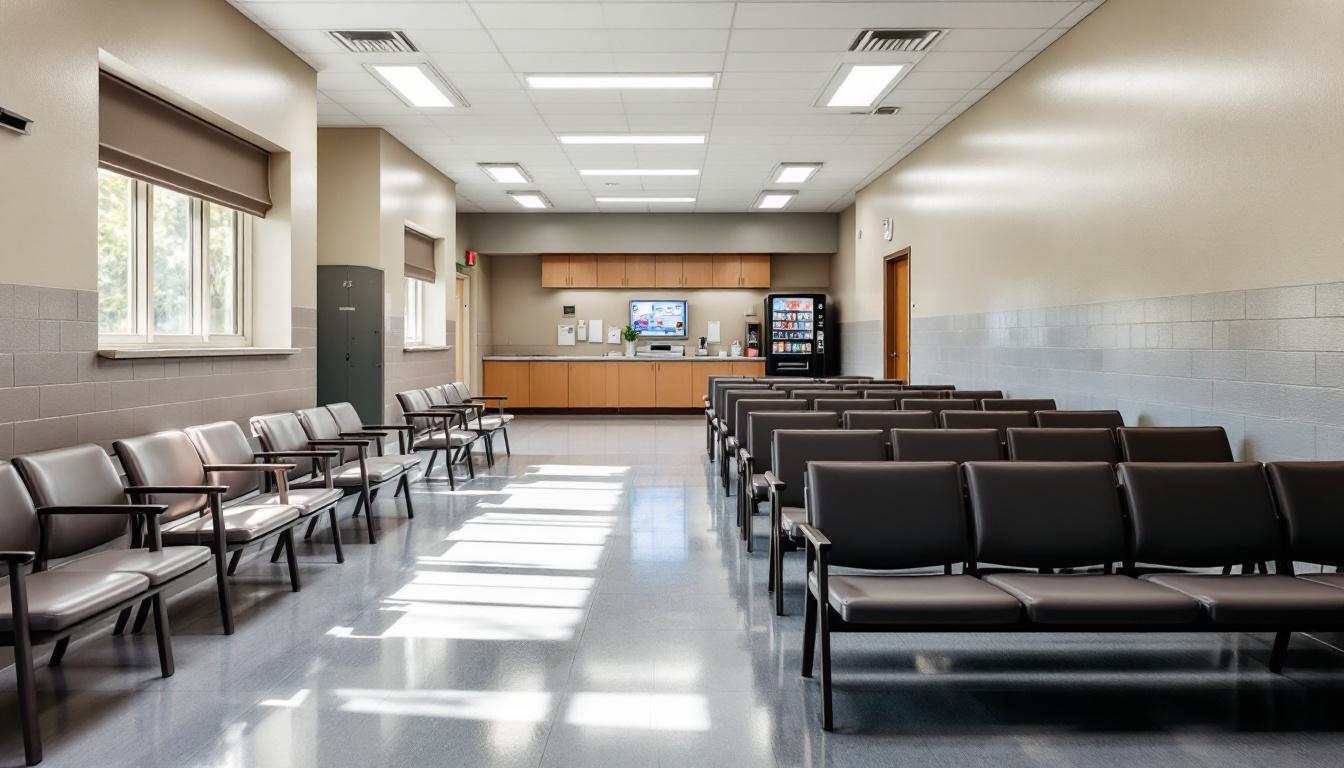
Family connections and social bonds remain vital lifelines for those incarcerated at Shoshone County Jail, where maintaining relationships with loved ones often provides the emotional foundation that helps individuals navigate their daily experiences. Today’s routine consistently begins with morning count and meal service, followed by structured periods for housing unit activities, recreation time, and various programming opportunities that furnish both personal development and social interaction among residents.
Living accommodations typically consist of shared housing units where those incarcerated develop informal support networks and daily routines that help create stability within the facility environment. Moreover, the dining arrangements generally bring residents together for communal meals, fostering conversations and connections that often extend beyond mealtime into recreation periods and structured activities. These shared spaces typically include areas for television viewing, card games, and reading, where individuals can engage in social activities that help maintain their sense of community and personal identity.
Programming schedules usually furnish opportunities for educational classes, counseling sessions, and work assignments that may include kitchen duties, facility maintenance, or administrative support roles. Whereas the structured daily routine provides necessary order, visitation policies and communication options typically allow those incarcerated to maintain regular contact with family members through scheduled visits, phone calls, and correspondence. The commissary system generally enables residents to purchase personal items and snacks, often facilitating small social gatherings where individuals can share resources and strengthen the informal community bonds that develop during their time at the facility.
Ready to Connect?
Start communicating with your loved one today
Search for an Inmate
